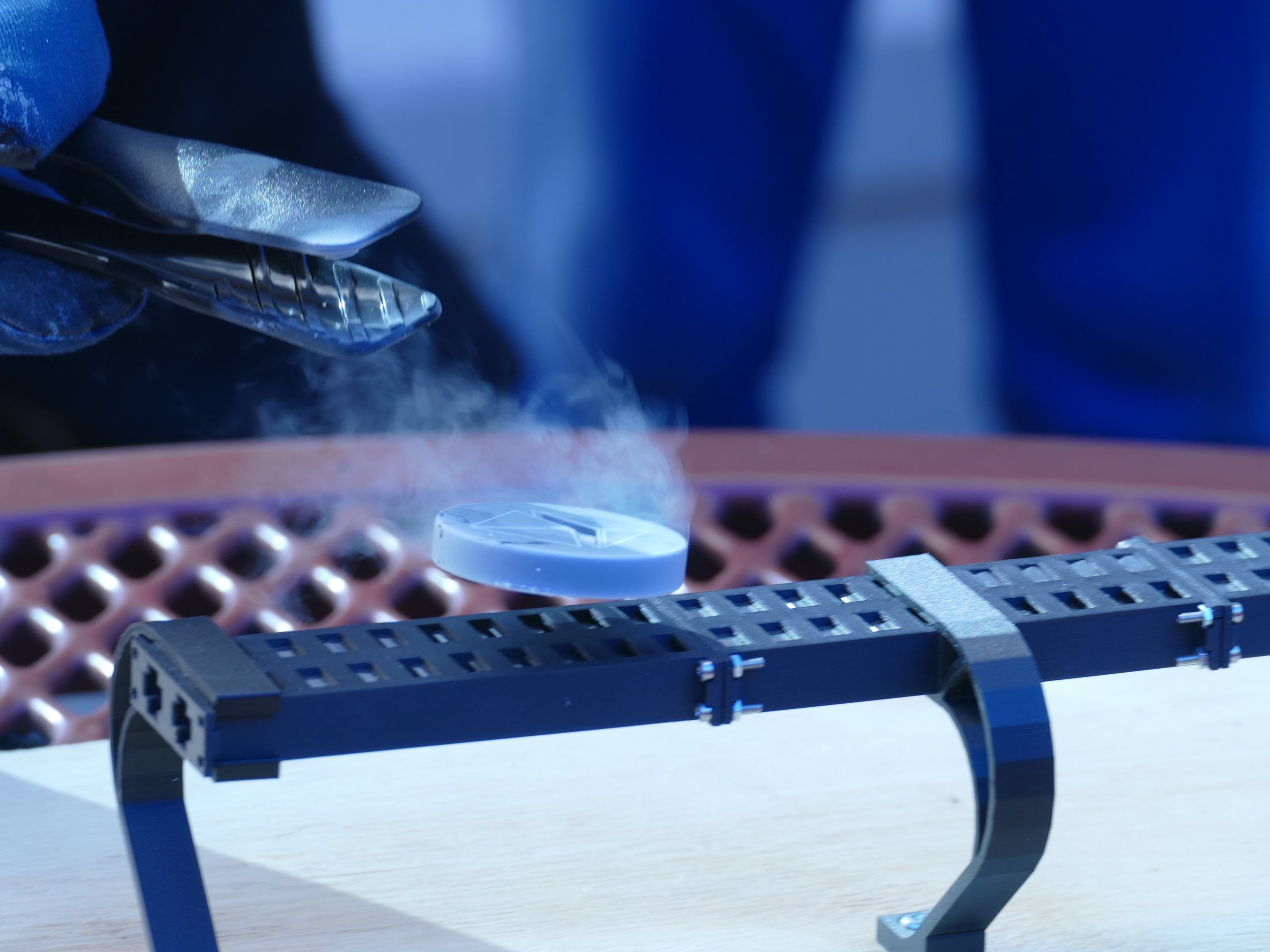
Our Curriculum
Style of Learning
At Virtú we design our curriculum to teach our students how to be their own best teachers. Rather than just teach content that most people would quickly forget, students leave knowing how to build on and retain future learning.
The primary pedagogical techniques center around conceptual learning, in tandem with a spiral curriculum structure. Students are led through each course by learning the most fundamental concepts of a given field and applying them in a variety of contexts. These concepts build upon each other and are reinforced through “spiral-like” recurrence.
Class Structure
At Virtú learning takes place both in and out of the classroom.
Classroom study is centered around three subjects: Philosophy, Science, and Storytelling. From these three subjects we cover any number of related fields, often chosen based on what students request. Debate, demonstration, and discussion are key components of the learning process.
In order to truly be well-rounded, “Virtúers” train their minds, their bodies, and their creative spirits. Our recreational aspects of learning include guided exercise sessions, games, and other creative activities. Our students learn how to be athletic and raise their skills to new levels. Our students quickly learn and bond through our game activities, which often involve competition and group collaboration, and our creative activities allow students to show off their unique voices. Lunchtime is a particular favorite part of the Virtú day because we teach students how to make their own food. Sometimes, we even bring special guests to talk to students about their unique careers.
Content Covered
A key aspect of learning at Virtú is that the concepts in one subject help us learn the concepts of another. Here is some of the standard, core content we like to build upon:
But there’s more
Every summer, while the core subjects remain similar, our students play a big role in determining what subjects and skills they want to learn in order to be well-rounded. We invite distinguished guests each year to teach special topics such as law, venture capital, and more. Because there is so much to learn out there in order to be true renaissance individuals, the learning never stops at Virtú. We have covered topics such as linguistics, music theory, ethics, behavioral psychology, quantum phenomena, and many more subjects soon to come.
Philosophy
The Germination of Thought
What it means to know something
How to pursue truth
Introduction to philosophy
Wrestling with Conflicting Viewpoints
Studies in theology
Diverse worldviews
Engaging in the Pursuit of Truth
Forming and refuting arguments
The art of debate
Science
The Essence of Scientific Thinking
Falsifiability and predictability
Fact vs law vs theory
How to fit a model to data
The Accomplishments of Science
A history from Aristotle to Hawking
Key experiments that changed our way of thinking
A look into the research of current day scientists
The Flaws of Current Scientific Research
The importance of reproducibility
How to obtain any "scientific" result you want
How to design your own science experiments
Storytelling
Crafting a Narrative Masterpiece
Introduction to narrative theory and story archetypes
Creating your own stories
Learning the impact of narratives in our everyday lives
Captivating an Audience with Speech
Introduction to public speaking and rhetoric
Learning how to tell stories effectively
Logos Pathos & Ethos

